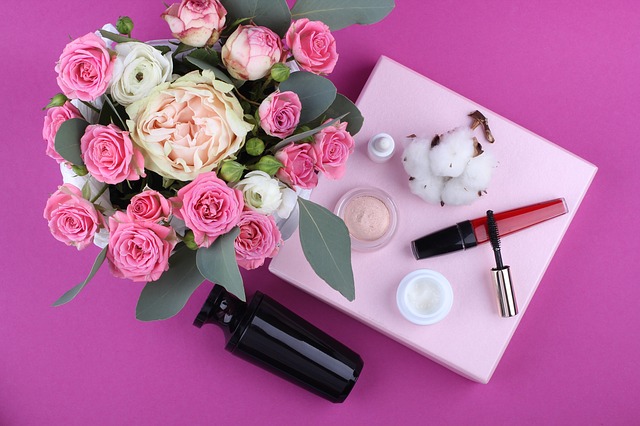In an age when people are more and more obsessed with their personal image, the beauty industry is more prosperous than ever, engrossing billions worldwide each year. While people are spending more and more to look good, new trends are definitely emerging and the plastic and cosmetic industry are ever changing.
The #beauty industry is more prosperous than ever, engrossing billions worldwide each year. Click To TweetThe Telegraph recently focused on this beauty industry phenomenon by revealing that according to new figures published by the British Association of Plastic Surgeons (BAAPS), there has been a drop of over 40% between 2015 and 2016 for surgical cosmetic procedures carried out in the UK. Non-surgical solutions have taken over a big chunk of the market, with the rising popularity of Botox and dermal fillers. Initially cheaper and less extreme, non-surgical cosmetic procedures allow people to look better in a more natural way, veering away from the frozen faces that were all the rage amongst celebrities in the noughties. Going under the knife is no longer seen as the only option.
It’s not just surgery that’s falling out of fashion with more and more celebs advocating for a natural look. Plastic surgeons believe the current climate of financial instability is most certainly also to blame for this recent massive slump in procedures. People are seemingly much less inclined to spend huge amounts of money on big operations that will require them to also take time off work; they’d rather opt for non-committing smaller, less costly procedures such as botox, teeth whitening, or chemical peeling.
What does it mean career-wise for all professionals looking to earn their living in the beauty industry?
The rising demand for smaller cosmetic procedures has encouraged a lot of medical professionals to reassess their career and specialise in this very lucrative sector.
#1 Regulation
In January 2016, Health Education England (HEE) shook the non-surgical cosmetic industry by publishing recommendations about minimum qualifications required to carry out procedures such as Botox dermal fillers injections, chemical peel and laser hair removal. The HEE doesn’t call out for a mandatory regulation of the industry but insists on self-regulation and the need to put patient’s safety first.
#2 Training
Training such as laser and botox courses is available to all medical professionals but a rising number of schools now only allow Level 7 qualified medical professionals such as dentists, doctors and nurses, following up the 2016 HEE recommendations. Half a day’s training is typically needed to be able to administer injections: while it may seem like a short time, it’s all that needed for most professionals who are already well trained in the matter of patients safety and how to avoid infections.
#3 Finances
Non-surgical cosmetic procedures make for an extremely thriving sector but experts warn that professionals shouldn’t let their financial motivation cloud their clinical judgement: it’s important to make sure the patient is over 21 and that they have realistic and healthy expectations.


